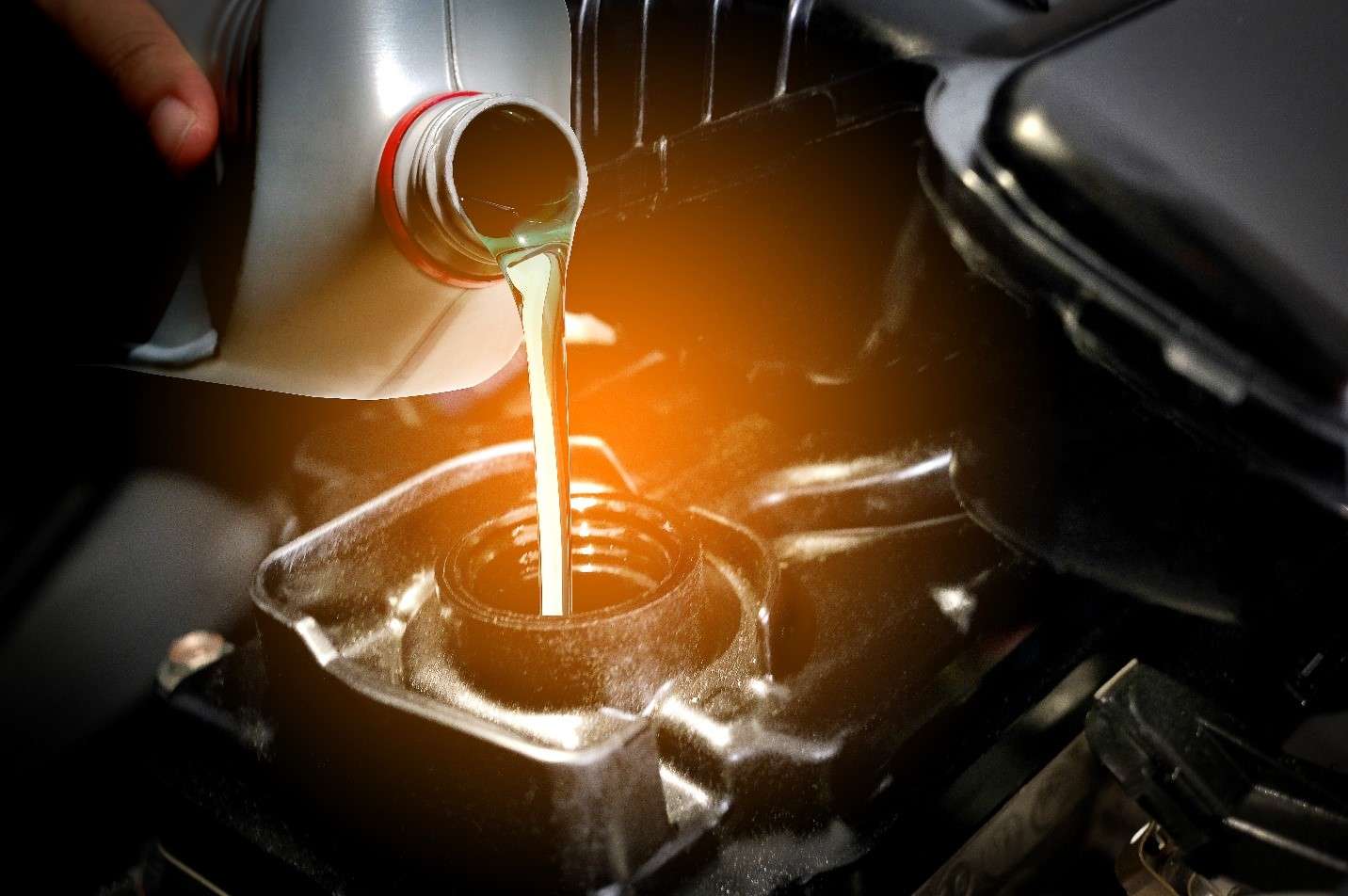-
Can't Find What You're Looking For? Start a Custom Order.
- Ford Custom Order
- CDJR Custom Order

Which is better, conventional oil or synthetic oil? How often do I need to change my oil? What are the benefits of synthetic oil? How do I decide which oil is best for my vehicle? These are questions often asked by motorists and the answers can be confusing, so let’s take a look at the different types of oil and their specific applications, advantages, or shortcomings.
The importance of quality motor oil for autos, SUVs, and light truck engines cannot be overstated. Modern engines require the best lubricants, and many manufacturers make specific recommendations to ensure that your engine has the best chance of running at top performance for a long time.
Since the engineers who design auto engines consider the brand and type of oil and other lubricants, you as a driver should make taking proper care of that engine a high priority. Beginning with your first oil change, you should make sure that you’re doing the best you can to prolong the life of your car or truck.
Because today’s automotive engines deliver more power per cubic inch at higher RPMs with greater efficiency than ever, they run at much higher temperatures than previously. As a result, the proper choice of lubricants is more important than ever. So, let’s take a look at the different types of oil.
Conventional Oil
The conventional oils offered today are highly developed lubricants tested and proven over many years. As such these oils can work perfectly well for the average car and driver. These oils are refined from crude petroleum and then strengthened with different additives. Such additives are designed to help keep your engine clean, minimize the effects of moisture, and help the oil retain its viscosity. Each of the major brands of conventional oil have their own specific additives, and you may find that one brand provides you with better fuel economy or a quieter engine.
Perhaps the biggest advantage of conventional oils is the cost, which can be significantly lower that synthetic oils. Conventional oils have some disadvantages though, compared to synthetic oil. With conventional oil, maintaining the proper viscosity in your oil is important and it will degrade over time. Because of this degradation of viscosity over time, conventional oil requires changing the oil every 3,000 to 4,000 miles.
Synthetic Oil
Synthetic oil is a lubricant made up of artificially made chemical compounds. These compounds are made by breaking down and then rebuilding petroleum molecules. Under a microscope, a drop of synthetic oil shows millions of molecules all nearly the same size and structure. Conversely, conventional oil is made using refined crude oil. A drop of conventional oil under a microscope shows millions of molecules all with different shapes, sizes and structures.
Possibly the biggest advantage and the reason synthetic oil is so popular, is that it has a longer lifespan than conventional oil. The recommended change interval for synthetic oil is around every 5,000 to 7,000 miles, with some brands touting a much longer interval (15,000 to 25,000). The biggest reason for the longer oil change interval is that synthetic oils are not as prone to losing their viscosity.
The biggest disadvantage to synthetic oil is the price. Synthetic oil can cost as much as 2 to 4 times as much as conventional oil. In addition, synthetic oils may exhibit slightly less fuel economy at highway speeds compare to conventional oil. Synthetic oil may also be more prone to additives precipitation during cold weather condition. This stratifies certain additives which can potentially lead to their complete separation from the oil.
Regardless of the kind of oil you use, it is still recommended to change your oil at regular intervals recommended by your manufacturer. As for the type of oil, the bottom line is this: you should use the type of oil that is recommended by your vehicle’s manufacturer. As your car or truck ages, your trusted mechanic can advise you as to possible changes from synthetic to conventional or vice versa.
For over 50 Years V&H Automotive has been serving Marshfield and Central Wisconsin with New Ford, Lincoln, Chrysler, Jeep, Dodge, and RAM Trucks. Our professional staff of factory trained sales associates, as well as parts and service personnel, are here to serve you six days a week. Our business managers will shop more than a dozen lenders to ensure you the lowest finance rates anywhere. From Wausau to Wisconsin Rapids, or Stevens Point to Medford – we’re a short drive from anywhere for friendly service and very competitive pricing. If you have any automotive needs, check out our website or contact us at 715-387-2545. Better yet, stop in for a visit!




